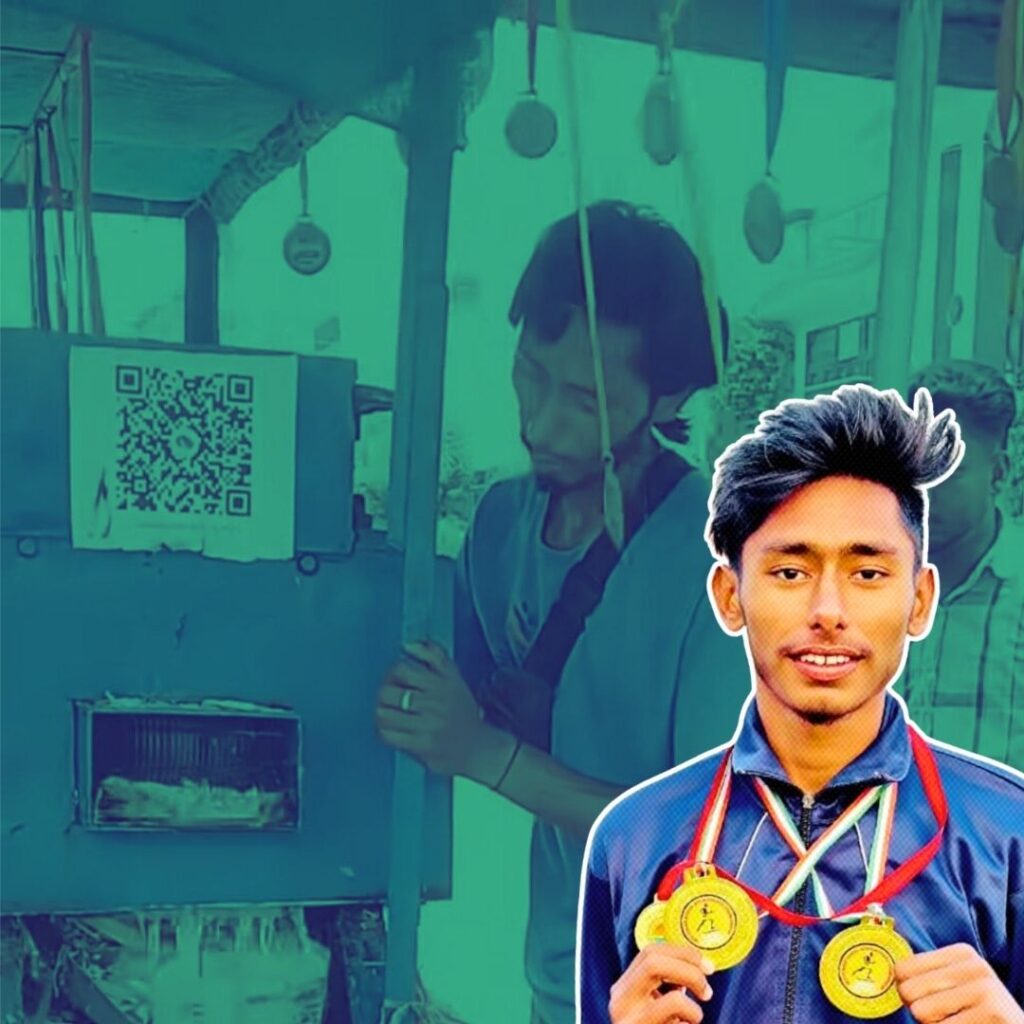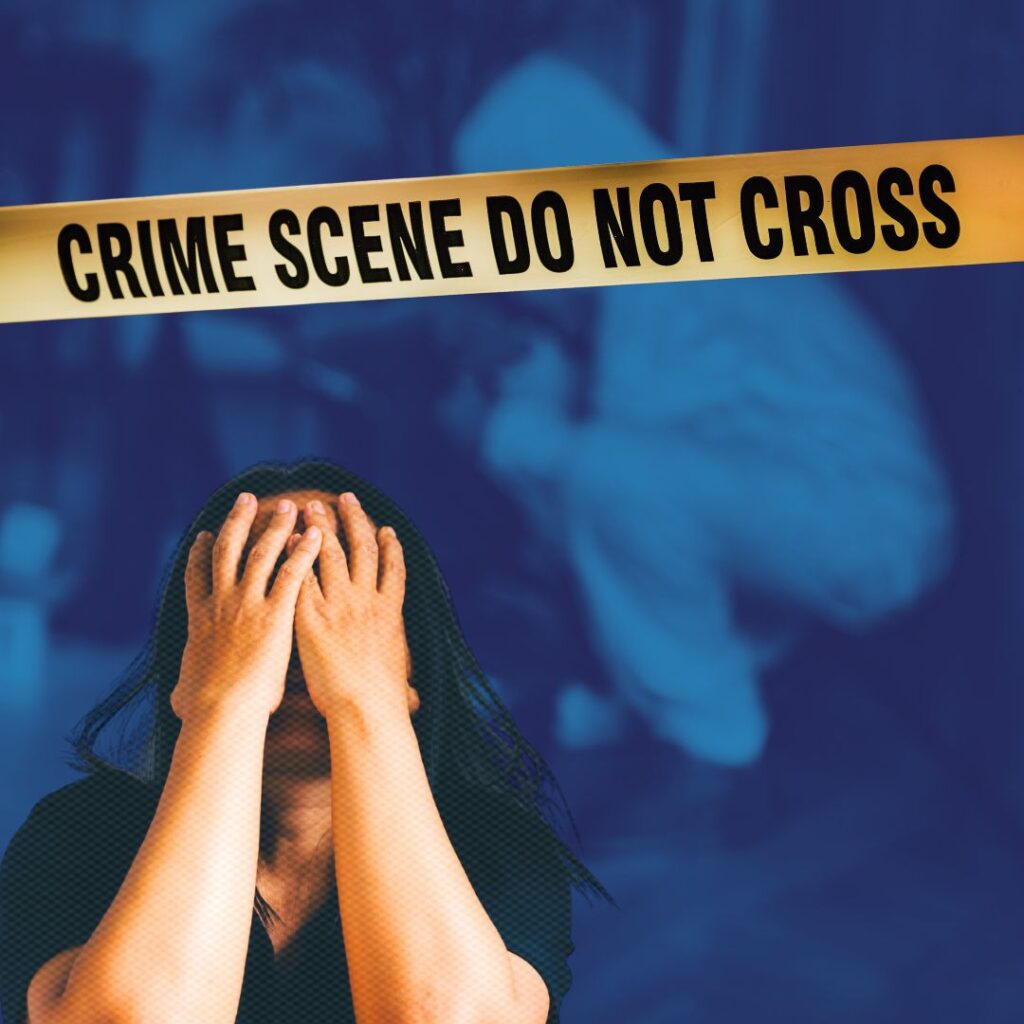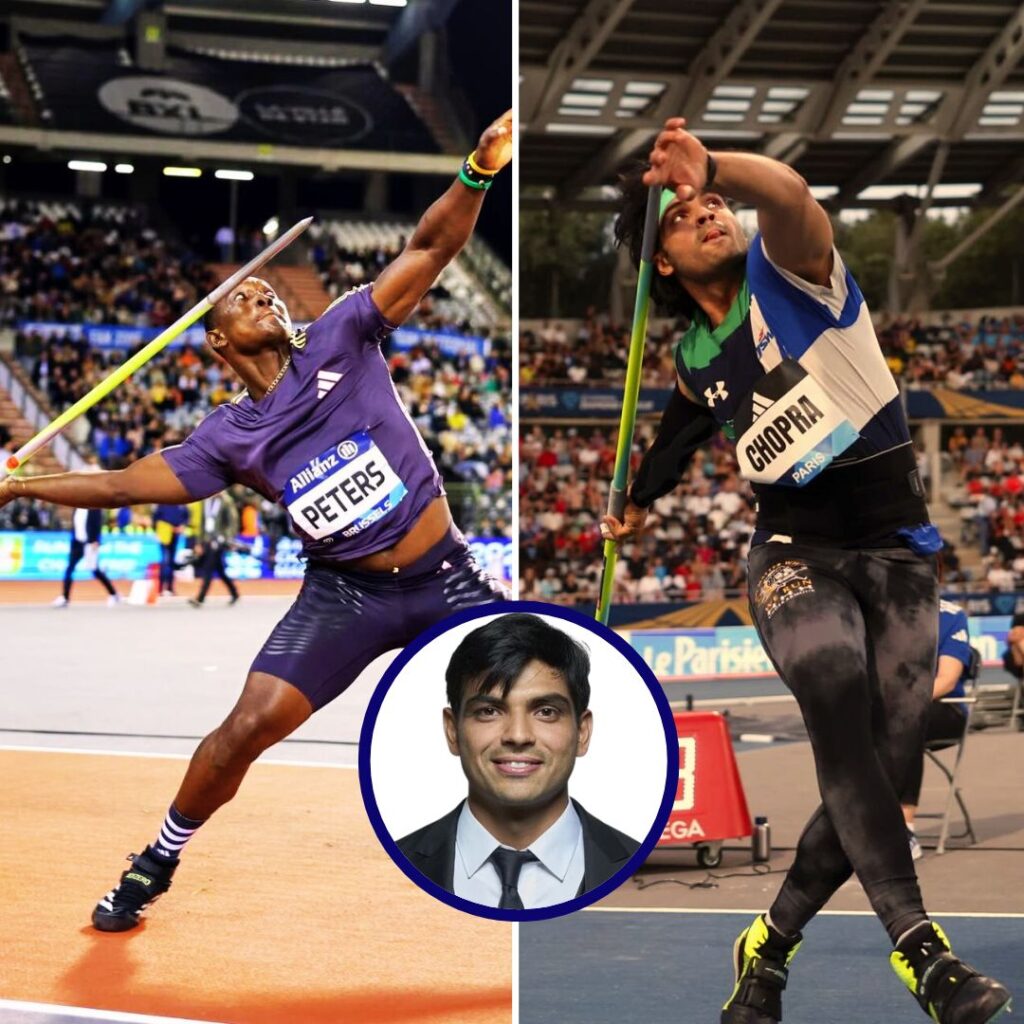Originally published on: catchnews | Reported By ABHISHEK PARASHAR
The decision
Supreme Court has ruled that birth or caste can’t be the sole basis for priesthood This can potentially make priesthood open to non-Brahmins
The reality
Priesthood has been a monopoly of Brahmins Even now there are many temples were lower castes can’t enter , leave alone becoming priests
More in the story
How the Court’s verdict is on the lines of what BR Ambedkar wanted How have priests and the VHP reacted to the verdict? Can the decision be implemented?
The Supreme Court has ruled that “caste, birth or any other constitutionally unacceptable parameters” cannot be the sole basis of appointment of priests in temples and other religious institutions.
Delivering its verdict on a petition filed by priests of Madurai’s Sri Meenakshi Amman Temple, the court said that “constitutional legitimacy must supercede all religious beliefs or practices”.
The Supreme Court bench of Justices Ranjan Gogoi and NV Ramana interpreted Article 16(5) of the Constitution to clarify that inclusion or exclusion of a particular segment for appointment as priests in temples or other religious institutions can be ratified only when “such exclusion is not on the basis of caste, birth or pedigree.”
The extent of state intervention in religious affairs has been the subject of much debate in India. Ancient Hindu traditions entrust the management of religious shrines to the priests. However, priests have invariably been chosen on the basis of their caste and clan. Priesthood is still considered as a monopoly of one particular caste – Brahmins. The custom has taken the form of an unwritten law over centuries.
Ambedkar on priesthood The Supreme Court’s verdict is, in some ways, on lines of the ideals of BR Ambedkar.
In a speech titled “Annihilation of Caste” Ambedkar wrote: “Engineers must show proficiency, doctors must show proficiency, lawyers must show proficiency, before they are allowed to practice their professions. The priest’s is the only profession where proficiency is not required. The profession of a Hindu priest is the only profession which is not subject to any code.”
The speech was meant for the 1936 annual conference of a Hindu reformist group Jat-Pat Todak Mandal, but it never got delivered as Ambedkar’s invitation was withdrawn due to the speech’s content.
SC has ruled that no one can be excluded from priesthood based on caste, birth or pedigree
He further stated, “It would be better if priesthood among Hindus was abolished. But as this seems to be impossible, the priesthood must at least cease to be hereditary. Every person who professes to be a Hindu must be eligible for being a priest. It should be provided by law that no Hindu shall be entitled to be a priest unless he has passed an examination prescribed by the state.”
Tradition versus reform A section of the Hindu society has always defended this practice in the name of tradition.
As Dalit intellectual Kanwal Bharti puts it; “the caste system is a reality in Hinduism. The religion has not opened its temples to lower castes till date. Breaking the fiefdom of a particular caste over priesthood is a far cry under such circumstances.”
Religious guru Swami Deepankar invokes age old traditions to justify Brahmin dominance over priesthood. Terming the court verdict as interference in religious matters, he demands review of the decision.
According to him, “Priesthood should remain in the hands of Brahmins as it is the custom since time immemorial.”
“Who will perform ‘shudhi’ (purification rituals) at the hands of a Dalit?” he asks.
Swami Deepankar maintains that everybody has a right to worship but only Brahmins can become priests.
“There is no other profession left for Brahmins. What will they do, if you take away this right from them? They will have to rise in protest,” he retorts.
Temples still out of bounds for lower castes Two months ago, a 90-years old Dalit was first hacked by an axe and then put to fire in Hamirpur in Uttar Pradesh. He was trying to enter a temple with his family.
In the same month, Bahujan Samaj Party hit the streets of Dehradun, protesting against ban on the entry of Dalits at a temple at Gobla village.
In November, there were reports of a Dalit being prohibited from entering a temple in Dutragaon in Karnataka.
Even Congress leaders like Rahul Gandhi, Kumari Selja and Tarun Gogoi have claimed they were mistreated at temples.
Selja, who is a Dalit, complained in Parliament that she was asked about her caste at the gates of Gujarat’s Dwarka Temple. Her statement caused a furore in the Rajya Sabha.
VHP leader Surinder Jain feels these incidents are mere aberrations. He alleges the Congress leaders are lying to the nation.
Ironically, these controversies have erupted at a time when the country was commemorating Ambedkar and the Constitution.
The response Jain claims his organisation has helped many deserving…











